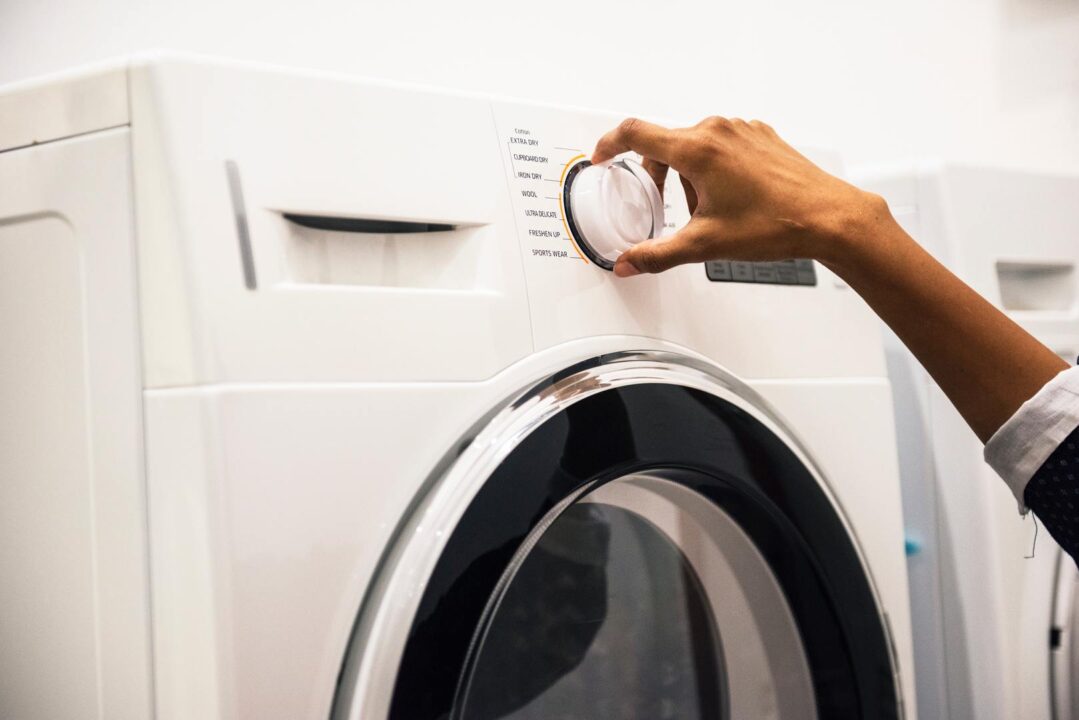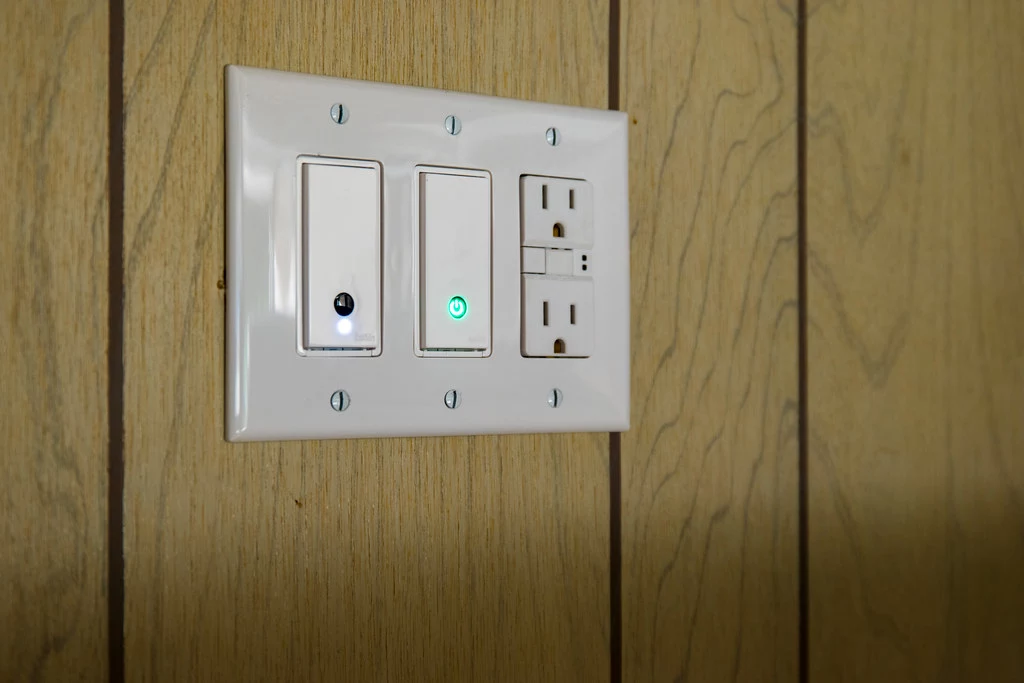A dedicated circuit is used by only one device. Meaning the circuit is not shared with any other device or equipment. Nothing else is able to draw energy from this circuit.
Dedicated circuits prevent electricity overloading. It also had a circuit breaker, which should be labeled in your laundry room electrical box.
Does a Washing Machine Need a Dedicated Circuit
Yes, A washing machine or dryer needs a dedicated circuit in the laundry room. It is safe. Your laundry room should have a dedicated circuit of at least 20 amps. You can use one dedicated circuit both for the dryer and washing machine. But most of the washing machines do not take more than 15 amps.
A dedicated circuit should be installed in your laundry room. It should provide at least 20 amps. You may have two appliances connected to the same outlet if you have a dryer. An electric dryer will require its own 20-amp, 220-volt circuit.
The motors and heating elements of dryers and washers are powerful, so a dedicated circuit is necessary to avoid short-circuiting or overloading the electrical system. Any equipment running on 220-volt power will require its own circuit.
A separate circuit is also a good idea if you use small appliances in your laundry areas, such as steamers or irons.
Your laundry room must have a dedicated circuit of at least 20 amps. If you have a gas dryer, both your washing machine and the gas dryer can be plugged into the same outlet.
If you have an electric dryer, it will need its own dedicated 20-amp, 220-volt circuit. Know about the reason and solution of brown flakes in the washing machine.

GFCI Protection for Washing Machine
No, the washing machine does not need GFCI protection. There is no specific requirement in the NEC for GFCI protection for washing machines.
Section 210.52(F) requires a receptacle outlet to be installed for the laundry area and must be supplied by a 20-ampere branch circuit.
Additionally, if the washing machine is located in a laundry room or utility room that includes a sink, the laundry area’s receptacle outlet must provide GFCI protection if it is located within 1.8 m of the edge of the sink.
The location of the washing machine and the associated laundry area is the determining factor for the receptacle outlet as per the GFCI protection requirement. More reading about using fabric softener in the washing machine without a dispenser drawer.
However, depending on the location of the receptacle outlet, GFCI protection may be required.
For example, if the laundry area receptacle outlet is located in a 20-amp, 125-volt bathroom or in an unfinished basement of a residential unit, the receptacle outlet will require GFCI protection.
Can a Washing Machine Be on a 15 Amp Circuit?
Yes, Washing Machine can be on a 15-amp circuit. Actually, you don’t need to change anything. All 120V 20 Amp receptacles are designed to accept 120V 15 Amp and 120V 20 Amp plugs.
Because of that, all 120V 15 Amp devices are normally designed to function properly in 120V 15 Amp or 120V 20 Amp circuits.

This is true for appliances like washing machines, but something as small as a cell phone charger that actually uses <1 amp.
Once you go beyond 20 amps, the design of the sockets changes so that you can’t mix and match. And you can’t plug a 20 amp device into a 15 amp receptacle – It won’t fit in this plug, in the laundry room. Know about the best washing machine cleaner in 2022.
Final Words
Large appliances and heat-producing gadgets require higher wattage in order to work. They may draw more current than a standard-use circuit can safely handle.
So don’t create a potential fire hazard! It is important to know which appliances need a specific circuit in order to ensure your appliances work safely and smoothly.
Please read this article if you want to know about the best time to do laundry.
General FAQ’s
Can a Fridge and Washing Machine Be on the Same Circuit
Yes, you can use it without any tension. The circuit breaker will trip if the circuit doesn’t have enough capacity for both a fridge and a washer. A circuit that has enough capacity to accommodate both a fridge and a washer would not cause.
Hi, Wonderful writing.